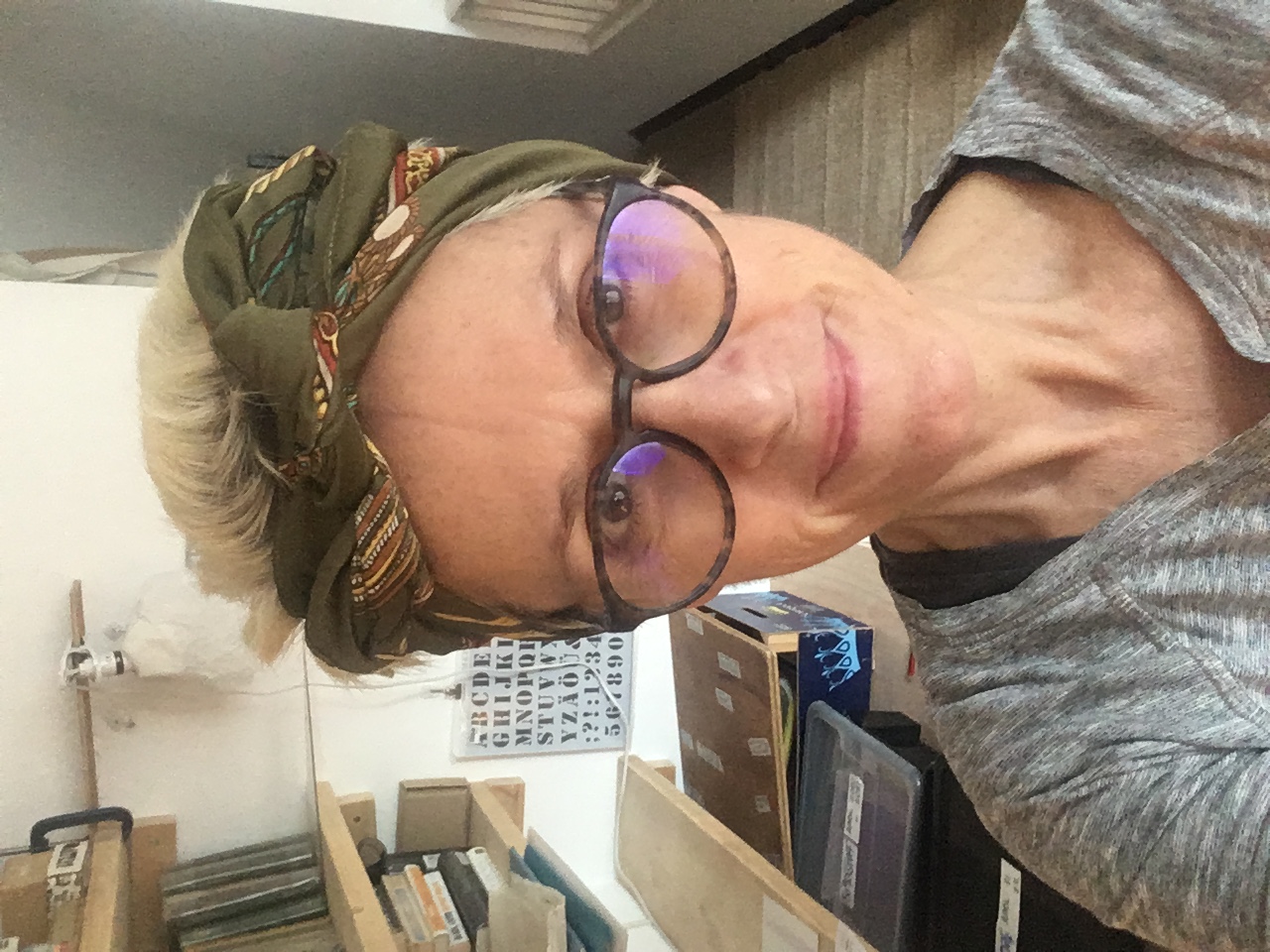Frequently Asked Questions about Psychotherapy, Counselling, and Coaching
Cost. How much do you charge?
£85.00 per fifty-minute session.
Payment in advance secures your booking for counselling, psychotherapy, or coaching sessions.
Do you offer reductions?
Yes, I believe therapy should be accessible to everyone. I currently have space available for clients who may benefit from a concessionary rate. If you’re struggling financially, I can also recommend local voluntary counselling services and organizations that may be able to support you.
How do I get in touch?
I welcome initial contact by email or text.
I don’t answer calls from unknown numbers — this is simply to avoid cold calls, scams, and interruptions during work or personal time.
As I use one phone for both personal and professional contact, email or text gives me the opportunity to respond thoughtfully and securely.
Please feel free to get in touch via:
Email: jones.sorcha@gmail.com
Text: 07595 292129
You’re welcome to include a short note about your enquiry, and I’ll get back to you as soon as I can.
Why does therapy need a stable base?
For counselling and psychotherapy to work effectively, it’s important to establish a consistent foundation. I have sessions available Monday through Thursday, and weekly payments in advance ensure we can focus fully on the therapeutic process.
This structure allows us to prioritize the important work of exploring your thoughts, feelings, and challenges without unnecessary distractions. Please feel free to ask if you have any questions about this arrangement.
Where are the sessions held?
I cutrently offer counselling, psychotherapy, and coaching sessions online or in person at my practice in Gospel Oak.
When are the sessions?
We’ll find a time that works for you. My practice hours are 8 a.m. – 5 p.m., Monday to Thursday.
If we decide to work together, we’ll meet at the same time every week. This reserved time is exclusively for you and won’t be offered to anyone else. Both you and I share an equal commitment to attending these weekly counselling or psychotherapy sessions.
If you’re unable to attend a session and provide at least one week’s notice, you won’t be charged. There’s also no charge for sessions I need to cancel, and I’ll always give as much notice as I can.
Can you offer emergency sessions?
Yes, I can offer emergency sessions, but this is only available to clients I’ve worked with on an ongoing basis, either in the past or present. Simply send me a text, and I’ll let you know the soonest time we can talk.
How do we do the work?
Counselling and psychotherapy are primarily about talking. We’ll sit together, and you can share whatever’s on your mind.
If it feels helpful, we might incorporate movement or simple calming exercises to support you. However, the core of the work is creating a safe and confidential space where you can be heard.
Do you talk to anyone about me or share my details?
Your name and personal details are completely confidential and won’t be shared with anyone. To ensure you receive the best ethical care, I attend regular clinical supervision, but I never disclose identifying details.
If you or someone else is at risk of harm, I’m obligated to inform someone. However, I will always discuss this with you first whenever possible.
I understand how vital trust is in counselling and psychotherapy. I’m a member of the National Counselling & Psychotherapy Society (NCPS) and adhere to their code of ethics regarding clinical boundaries and confidentiality.
What’s the difference between counselling, psychotherapy, coaching, and psychological education?
Coaching
Coaching is often goal-focused and solutions-oriented. It can be long-term, but its strength lies in helping you identify aims, remove blocks, and develop strategies to move forward.
Counselling
Counselling can be either open-ended or time-limited. My first training was in counselling, which focuses on exploring the past to help make sense of current thoughts, feelings, and behaviors. Understanding your personal history can offer insights that support meaningful change.
Psychotherapy
Psychotherapy typically involves a deeper and more extensive process of exploration. Training in psychotherapy often includes mental health placements, neuroscience, and theoretical frameworks to address complex issues. Like counselling, psychotherapy explores the past, but it goes further into understanding deep-rooted patterns and experiences.
Psychological Education (Psychoeducation)
Psychoeducation helps you understand the relationship between your thoughts, emotions, and physical responses. For instance, when faced with a perceived threat, your brain’s fight, flight, freeze, or fawn response may activate, temporarily shutting down your “thinking brain.” This explains why it’s impossible to “think” your way out of a panic attack- it’s your body reacting instinctively to keep you safe.
Understanding these processes can help you develop tools to better manage them, bringing insight and relief.
Counselling, Psychotherapy, and Coaching in Gospel Oak and Beyond
I offer counselling, psychotherapy, and coaching to clients in Gospel Oak, South End Green, Belsize Park, Hampstead, Dartmouth Park, Primrose Hill, Kentish Town, Camden, and surrounding areas (NW3, NW5, NW8, NW1, N1, N7). Sessions are also available worldwide online.
Tell me more about the usefulness and need for depth psychotherapy.
We come into the world hard-wired for attachment to caregivers. As infants, we’re dependent on others for safety, nourishment, and soothing. Our early relationships shape how we respond to emotions and challenges later in life.
When these early attachments are disrupted- whether by stress, depression, loss, or other factors- it can leave us struggling to regulate our feelings as adults. Depth psychotherapy provides a unique opportunity to address these patterns, building self-awareness and compassion while fostering emotional resilience.
And now for something a bit different, for your interest! (Well, kind of!)
A Bit of Helpful Input for ADHDers (and maybe others, who can find it hard to focus sometimes)
ADHD Brilliance: Sparkling Dopamine & the Blue Spot
Are you having one of those days where your brain feels like it’s running a dozen tabs at once- yet none of them are loading? Welcome to the world of ADHD, where attention can feel as contrary as a cat that only comes when it feels like it.
I came across a fascinating mention of the locus coeruleus in an article by The New Scientist, describing it as a “master switch” that controls our mental modes. Intrigued, I dug deeper into this tiny blue spot in the brain and how it works alongside dopamine to shape focus, creativity, and learning. So, what’s really going on inside that brilliant ADHD brain of yours? Let’s take a peek.
Your Two Best Friends- Dopamine & the Locus Coeruleus
Dopamine: The Brain’s Sparkly Hype Machine
Dopamine is like the glitter in the brain- it adds excitement and motivation to your daily life. It’s the key to reward, focus, and drive. Balanced dopamine levels make everything feel doable, interesting, and under control.
For those of us with ADHD, though, the brain’s dopamine system can be a little out of sync. Without enough dopamine in the areas responsible for focus, even tasks that seem easy to others can feel overwhelming- or just plain boring. This is why distractions (or novelty) can be so appealing- they provide the dopamine hit your brain craves.
The Locus Coeruleus (a.k.a. the “Blue Spot”)
The locus coeruleus (LC) is a small but mighty cluster of neurons, nicknamed the “blue spot” because of its bluish tint under a microscope. This powerhouse releases norepinephrine (a.k.a. adrenaline for the brain), which keeps you awake, alert, and ready to engage.
Think of the LC as your brain’s “bouncer,” deciding who or what gets into your attention club. For someone with ADHD, this system can be a bit unpredictable- sometimes hyper-focusing on something else, or a distracted zoning out entirely -just when it’s time to focus on something important.
How Dopamine & the LC Work Together (or Don’t)
In a neurotypical brain, dopamine and the LC interact smoothly: dopamine decides what’s rewarding or interesting, and the LC helps maintain focus on that task. For an ADHD brain, though, this process can be less efficient.
When dopamine doesn’t fire enough, the LC doesn’t always know what to prioritise, so your brain bounces between distractions like a pinball machine. Ever started cleaning your room instead of finishing that urgent work task? There’s your brain, chasing the dopamine boost it needs to get through the day.
No ADHD Meds? How to Help Your Brain’s Attention Besties
Not everyone with ADHD uses medication, and that’s okay! There are plenty of strategies to help your dopamine and LC systems work more effectively together. Here are a few:
1. Move Your Body
Exercise releases dopamine and primes your LC for focus. Short bursts of activity- like a quick walk, stretching, or dancing, can make a big difference when you’re feeling scattered.
2. Cold Water Therapy
A splash of cold water on your face or a cold shower can wake up your LC by triggering norepinephrine release, sharpening your focus.
3. Break It Down
ADHD brains thrive on novelty. Break tasks into smaller, bite-sized pieces to keep things fresh and dopamine flowing. For example, instead of “do taxes,” try “find last month’s receipts.”
4. Give yourself a Break! Reward Yourself
Dopamine loves rewards, so create small incentives for completing tasks. A snack, a short break, or five minutes of your favorite show can provide the motivation you need to stay on track.
5. Practice Mindfulness
Mindfulness meditation can help calm the LC’s “alarm system,” allowing you to focus more effectively. Deep breathing and grounding exercises can be particularly helpful.
6. Bedtime Routines to Prioritise Sleep
Sleep is critical for both dopamine production and LC regulation. A good bedtime routine helps prevent both systems from going haywire, giving you the focus you need the next day.
7. Do What You Love
ADHD brains light up when they’re passionate about something. Find ways to connect tasks with your interests, whether it’s listening to music, gamifying chores, or working on projects you’re excited about.
Your Sparkly Blue Spot: You’re OK as You Are
Your dopamine and LC systems are like quirky best friends- sometimes out of sync, but always working in your favor. ADHD can feel like a constant tug-of-war between distraction and focus, but understanding how your brain works is the first step toward harnessing its strengths.
You don’t need to “fix” yourself- your brain is just wired differently. With a few hacks and self-care strategies, you can help your dopamine and LC besties work together while embracing the creativity and energy that make ADHD brains so beautifully unique.
- I offer psychotherapy, counselling, and therapeutic coaching services convenient for various locations in North West London including Gospel Oak, South-End Green, Belsize Park, Hampstead, Dartmouth Park, Primrose Hill, Kentish Town, Camden, (NW3, NW5, NW8, NW1, N1, N7)
and, or online.
I offer psychotherapy, counselling, and therapeutic coaching services convenient for various locations in North West London including Gospel Oak, South-End Green, Belsize Park, Hampstead, Dartmouth Park, Primrose Hill, Kentish Town, Camden, (NW3, NW5, NW8, NW1, N1, N7) and, or online.
 "
"
